According To The Daily) SPOILER ALERT: This article includes details about the series finale of “Clipped,” now streaming on Hulu.
The emperor with no clothes is still the emperor. That’s the ugly truth that FX‘s “Clipped” arrives at in its series finale.
After Donald Sterling (Ed O’Neill) fails to block his wife Shelly (Jacki Weaver) from alleging her husband is mentally incapacitated and taking control of their family trust, Donald concedes to the sale of the Los Angeles Clippers to the rambunctious ex-Microsoft exec Steve Ballmer. With that, Donald also stops fighting against his lifetime ban from the NBA, imposed against him after TMZ publishes an audio recording of Sterling delivering a racist tirade to his assistant-mistress V. Stiviano (Cleopatra Coleman) chastising her for publicly associating with Black people.For waving the white flag, the Sterlings are awarded $2 billion in the sale of the Clippers: an exponential return on the $12 million that Donald spent to purchase the team in the ’80s. And after being made much, much richer for the simple act of going away, Donald is seen kicking back buck-naked at his Malibu mansion, a copy of the Los Angeles Times splayed over his pale crotch. Back to a functional marriage, Shelly reminds him of their dinner plans before picking up the paper, shaking her head with a “so sad” and dropping it back onto the octogenarian’s genitals to reveal a very summer of 2014 headline: “Ferguson proves transformative.”
“It felt important to show that, in the Sterlings’ world, this tectonic experience that was happening across the country was just a copy of the L.A. Times,” says Gina Welch, showrunner, executive producer and writer for “Clipped.” “This series follows a racial reckoning that had a bow tied on it in the media narrative. But how could you then start to capture what happened that summer?”It’s a particularly gnarly note that sums up a retrospective omniscience at the heart of “Clipped.” The series often braved the uncanny valley: an undertaking that comes with the turf of casting actors to play figures like Chris Paul and Steph Curry, with whom the public has had a relationship for years. (The final episode’s superlative instance of this — an actor playing Anderson Cooper — played as an admission by the show that it had fully immersed through some bizarro looking glass.)
“There’s a danger — in writing a period show that takes place 10 years ago — of trying to tell the viewer everything that’s going to happen after,” Welch says. But “Clipped” owned that awareness to sharply anachronistic ends, particularly in its recreations of decade-old meme formats that seem rather quaint and rudimentary compared to today’s online content. And with the show’s final gesture toward the brewing Black Lives Matter movement, the producers wish to put the spectacle of Donald Sterling’s cancellation (a term that hadn’t entered the public lexicon at the time) into context as the beginnings of an American decade defined by political fragmentation.
“Recent news is that the ex-president and current candidate is saying that he’s going to work on ‘anti-white feeling,’” director and executive producer Kevin Bray says. “[The events of this show] seem almost childlike compared to having an ex-president say something so batshit. That’s part of the reason why that image of Ferguson exists in the show. Who could have ever fathomed what this would become?”
“This is in the early stages of modern athletes beginning to speak up,” says producer and co-writer Rembert Browne, citing when the Miami Heat posed in hoodies to draw attention to the murder of Trayvon Martin, who was killed by a crime-watch volunteer in 2012. “And we’re starting to head into a Trump that we don’t know is coming. Showing some people, like the Sterlings, feeling that, ‘Oh, Ferguson’s a thing that’s happening over there. That does not impact us,’ felt realistic.”
Earlier in the finale, Stiviano finds herself left in the dust by the media circus she’d sparked. After a disastrous interview with Barbara Walters, she’s sued by the Sterlings, who seize most of her assets, including the duplex given to her by Donald. The series leaves her off with a tough coda: finding her seated back on the steps of the Sterling estate, reminiscing about the proximity to power she enjoyed before trading it for five minutes of fame. It’s one of several creative liberties that the show took with Stiviano, whose exposure during the scandal was largely limited to a handful of interviews and some paparazzi documentation.
“She was kind of heavy on IG. I had to expose everyone to the Wayback Machine,” Browne says, explaining how he and the other writers dug through the Internet Archive to develop the role. “She left bread crumbs, but a lot of those bread crumbs got deleted over time.”
“We protect the points of view. There are differing opinions about whether or not Donald and V. had a sexual relationship, or who sent the tape to TMZ. I think that the viewer can have different experiences of that question,” Welch says. “People can reasonably disagree in terms of what really happened. And Cleo was so dedicated and such a great advocate for her character that it became a dialogue between us whether or not V. would say a certain thing. She really helped shaped it from there.”
Coming to a conclusion for Doc Rivers (Laurence Fishburne) posed a very different challenge. Unlike Stiviano and the Sterlings, Rivers has remained a consistent presence in the media and the NBA since the Clippers scandal. He coached in L.A. for six more years before stepping down in 2020 after the team was eliminated in the conference semifinals, squandering a 3-1 lead against the Denver Nuggets. He then went to the Philadelphia 76ers, who never made it past the semifinals in his three-year tenure. Now, Rivers is the coach of the Milwaukee Bucks — another organization that’s currently defined by star players and championship expectations.
“He has these very clear dreams of greatness,” Browne says of Rivers. “Some of that got thrown on him after he became a championship coach with the Celtics. A lot of that has probably been existing in his body for the past 50 years.”
“Doc ended up leaving the Clippers. You do have to try to capture some of those things that the viewer knows will happen,” Welch says. “That was part of our idea in making this story about Doc considering what is enough for him. He has a championship from the Celtics. He had this great career as an NBA player. But there’s still something missing.”
The “Clipped” finale sees Rivers get some satisfaction after the scandal, admonishing Shelly in a restaurant for her cunning sale of the team — a shameless act of financial ass-covering that also included some eyebrow-raising stipulations, like guaranteed parking spaces and VIP passes, the strange official title of “Number One Fan” for Shelly, and the promise of three championship rings if the Clippers ever make it to the top.
But the series’ last scene sees Rivers reuniting with Elgin Baylor (Clifton Davis) — one of the great NBA players of his time and the Clippers’ longtime general manager. A flashback in Episode 4 shined a light on Baylor’s acrimonious exit from the organization. After years of trying to win under Sterling’s ruthless penny-pinching, Baylor is offered a demotion in the front office. He threatens to sue the organization for wrongful termination and discrimination. (His attorneys dropped the racism allegation ahead of the trial; the jury then ruled against Baylor’s claims of age discrimination and declined to award damages in 2011.)
Everybody ends up having to fight for their dignity within Sterling’s Clippers. But the producers wanted to give the last word to Baylor — one of Sterling’s oldest and most abjectly treated victims (outside of who-knows-how-many individuals that suffered under his discriminatory practices as a property manager) and one of the few that publicly stood up against the billionaire even as the NBA closed ranks to protect the team owner.
“I never approached this story from a concept of heroism. But to the extent that there is a hero, I do think the show’s prerogative is that it’s Elgin Baylor, which is why we end with him,” Welch says. “It’s that moment where we give the arena back to the legend, after all that’s happened to him under the ownership of Sterling.”
“The people in the show have lived 10 years since then, and I think a lot of them are better for it,” Browne adds. “You learn from either mistakes or missed opportunities. The life that came after this is where the catharsis comes in.”
Back to Welch. “It’s available after the cameras have gone away.”
All six episodes of “Clipped” are now streaming on Hulu.
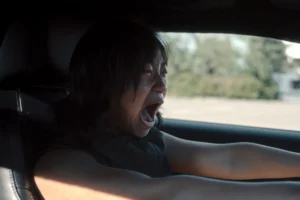

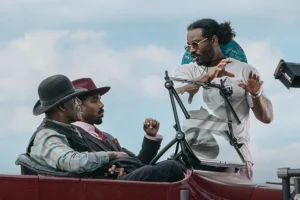
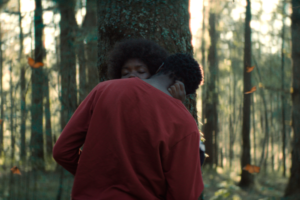
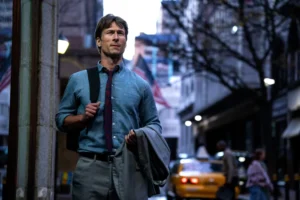
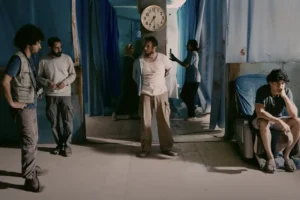
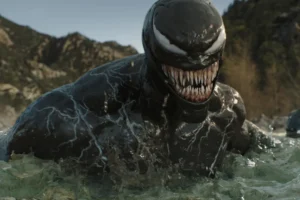
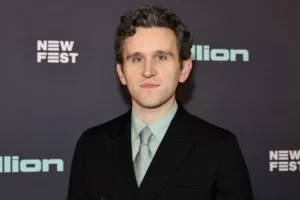
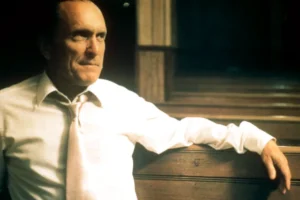

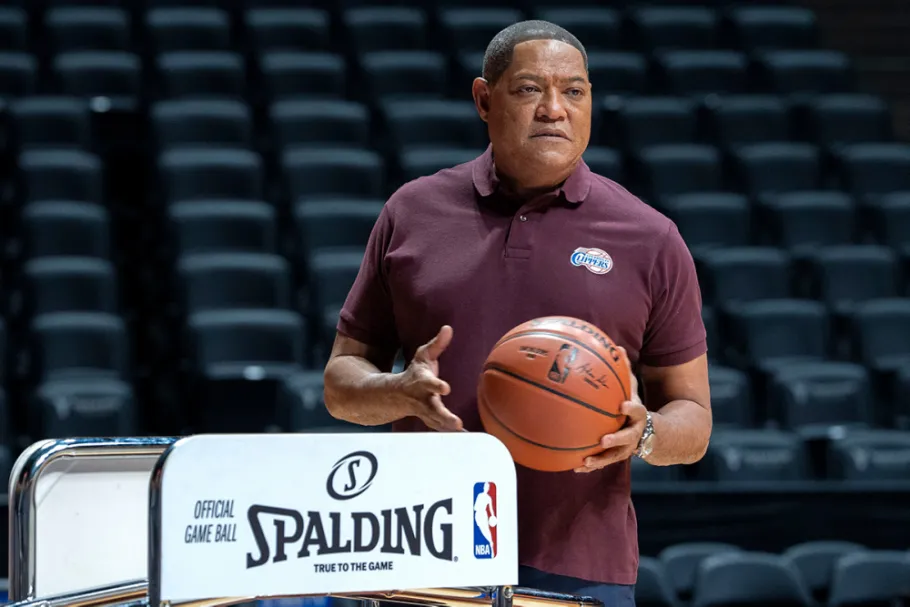
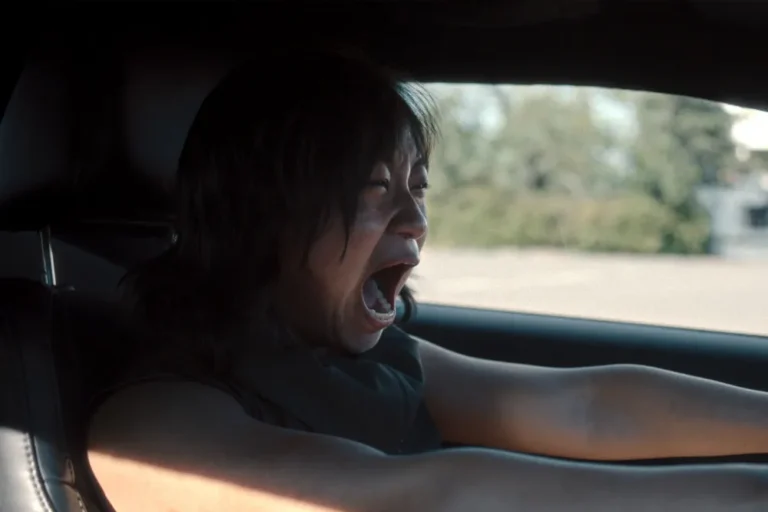

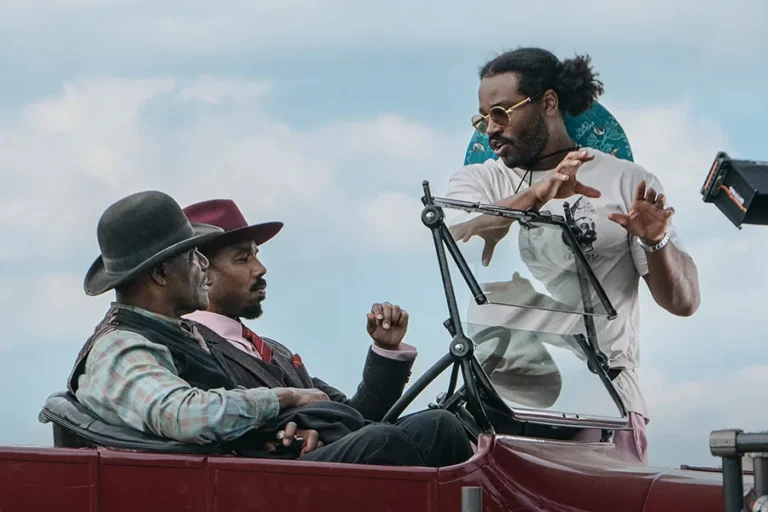

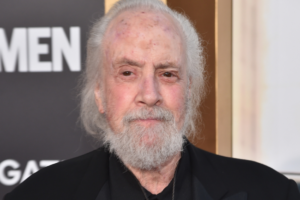
+ There are no comments
Add yours